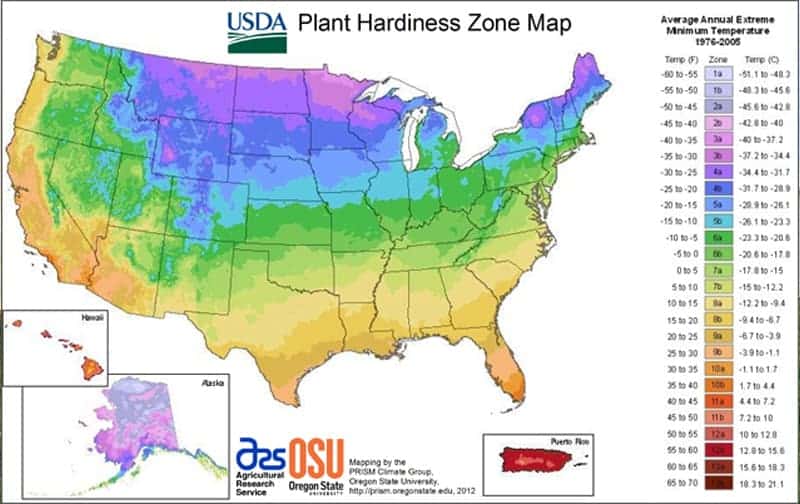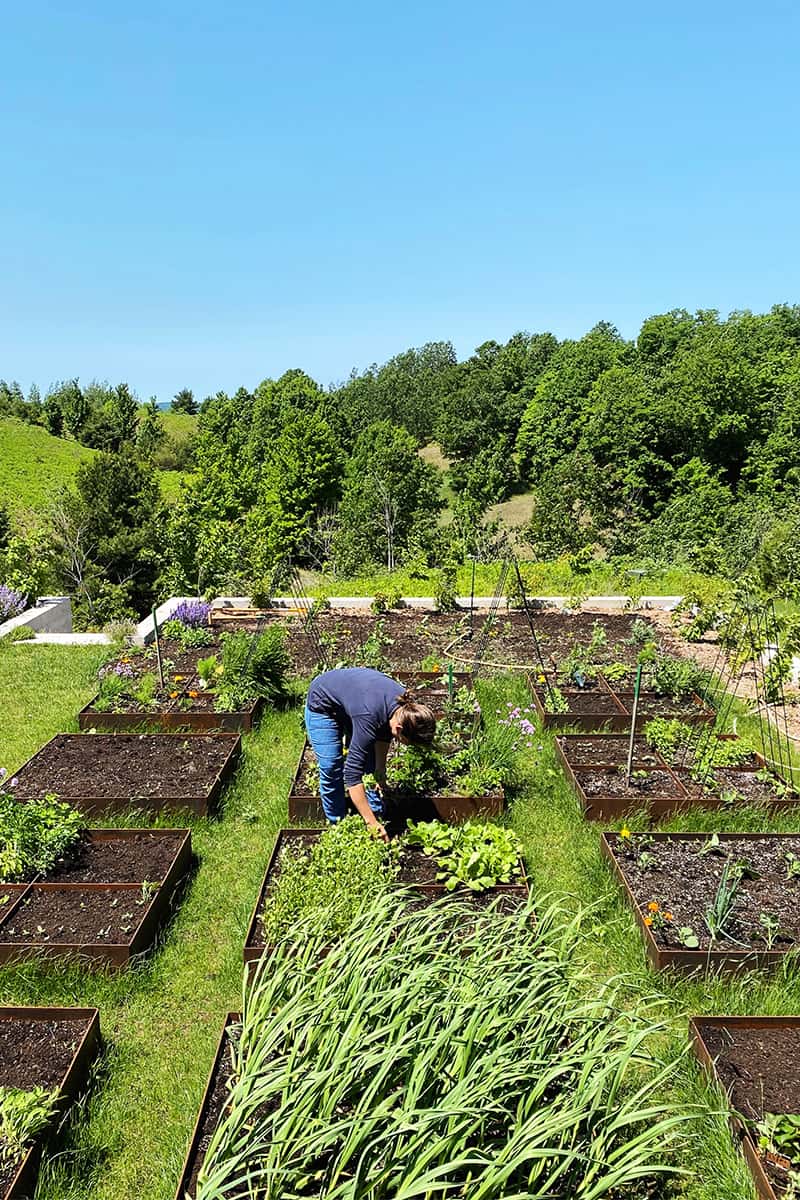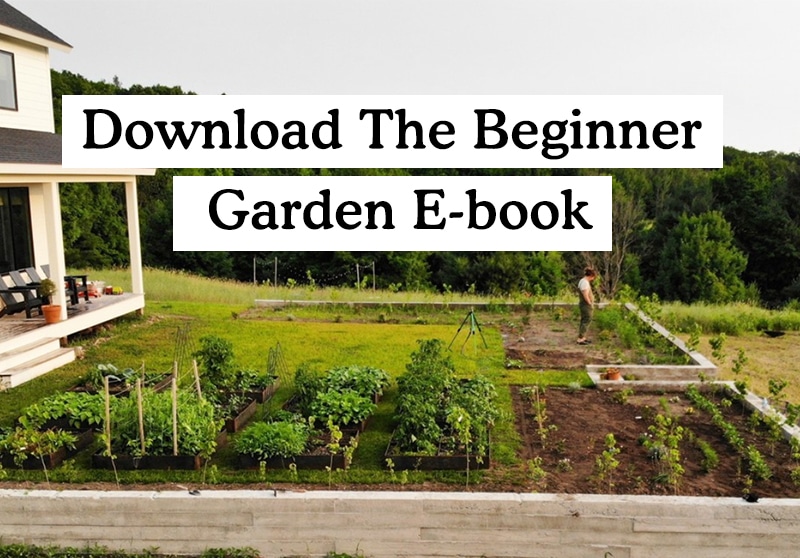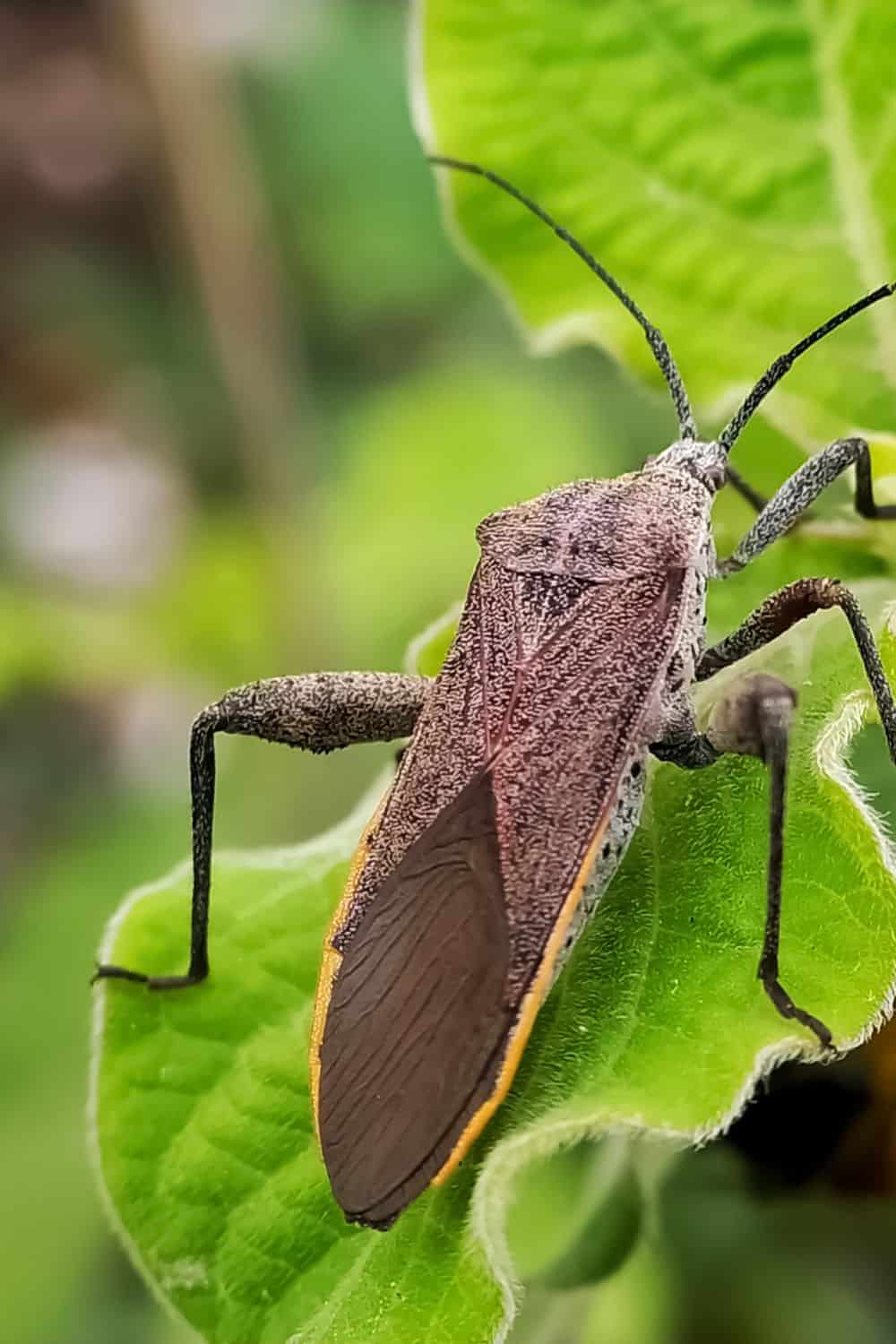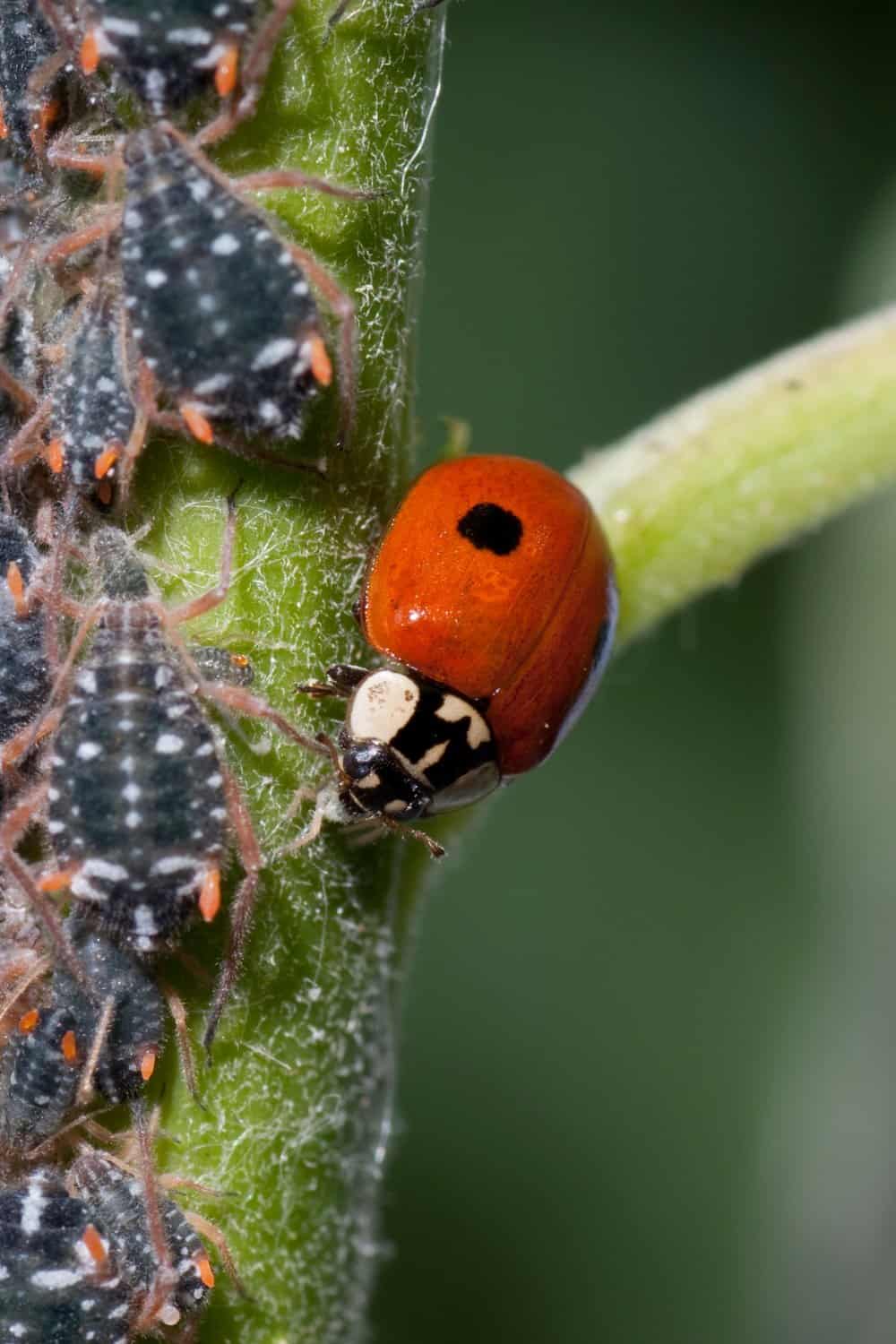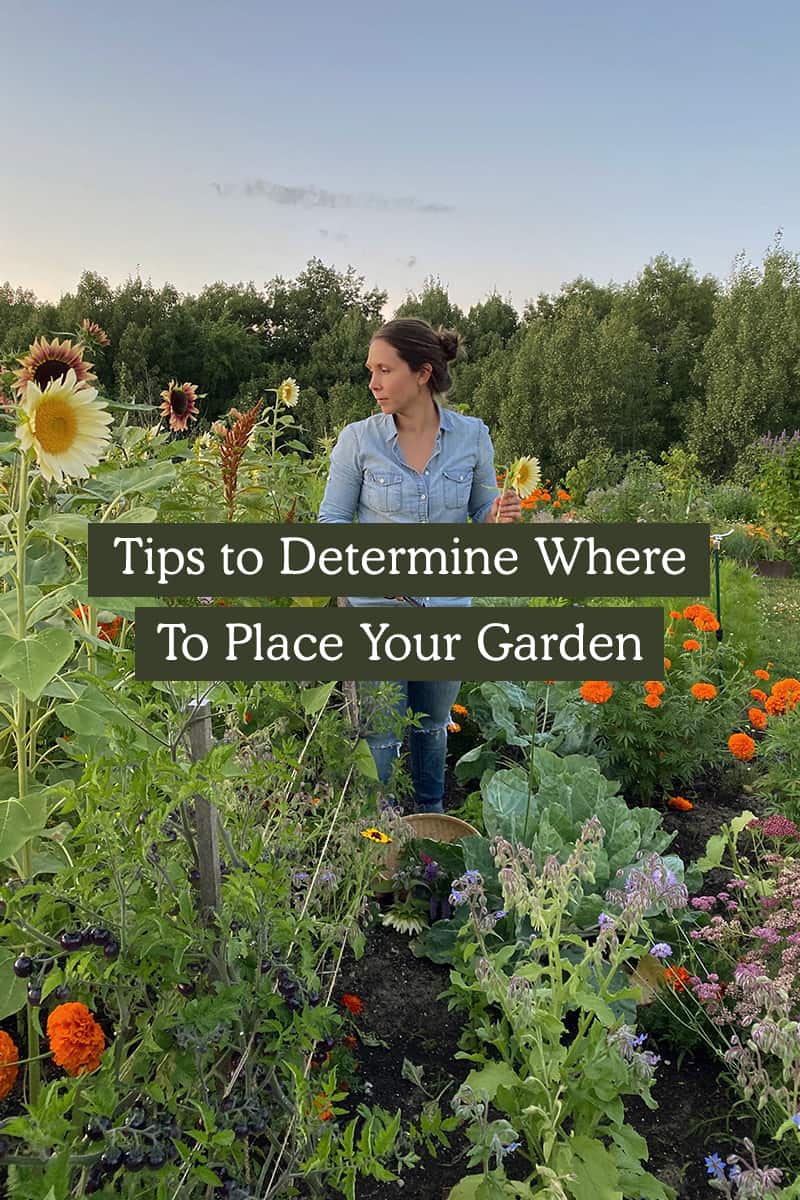
his season, several homeowners are planning to start a landscaping project. That is what spring is all about. So as many of you are debating and planning on what and ultimately WHERE you will put your garden this spring, I wanted to share some landscaping tips for how to make sure you find the right spot from the get-go so you can deeply enjoy your garden. If you want to hear even more, you can listen in to the podcast episode where I also discuss ways I am personally beginning this season as well.
If you want to learn even more about beginning your first garden, you can find everything in the Beginner Gardener Course as well.
Before you can start your garden, you need to start with finding and knowing your Hardiness zone.
How to find your hardiness zone:
This is the most important thing to identify before you plan anything for your garden. Knowing your Hardiness Zone is essential for a few reasons:
- It tells you what sort of plants will be annual in your garden and what will be perennial (aka regrow each year).
- When your last frost date is, which is what you will work from to determine when to plant when to start seeds inside and outside.
- What plants will thrive and which ones may struggle.
You can find your zone hardiness by using this link from the USDA.
Tops Tips Before Starting a Garden:
Since you are growing outdoors there are a few key things to determine where you will be planting and the best location for you.
- Wind:
Many plants do not like high winds but that doesn’t always mean you cannot plant there. Just know you may need to erect structures for taller plants and make windbreaks with hedge walls for them if you determine that spot has the best growing potential. - Access to water, shed, and compost:
Make sure your space isn’t a literal hike from your tool shed and compost piles. Determine what works for you and your area you have at your disposal. Many things can be adjusted so it is easier to access water or tools if need be. - Sun:
The main thing you need to grow your garden is sunlight so choose a place where you have access to at least 6-8 hours of full sun a day. If you don’t have this some plants and herbs will not be able to grow. On the contrary, if you are in a sunny area, make sure you give your plants a time of shade every day so they do not burn up as well. Some herbs and plants like a little more shade than others. Sometimes if you have space, creating two different plots works really well. - Soil:
You will want to get your soil checked if you plan to clear the area of weeds and grass and plant directly in the soil. If you have poor soil you may consider alternative methods like raised beds or add in an organic soil and compost mixture to the ground. But getting your soil tested will help you determine what you will need to invest in in order to create the right soil for the type of garden you want to grow. - Pests:
If you live somewhere that has a lot of deer, rabbits, mice you may consider a fencing setup when thinking about your garden. Fences with surrounding pest deterrents like specific plants will be very helpful in keeping animals out of your garden. - Where will you enjoy it the most:
Rarely do we consider where will we enjoy our garden the most. Meaning you might want to place it close to your kitchen or somewhere close to where your children play often. This allows you to enjoy it without the strain or work back and forth or while your children play for instance.
As you determine where the best place to put your garden, these things they will help you know where and what you should plant. More on that further on, but before you set a plot, take note of all these things. These are important determiners in what you will need to buy, what you will plant, when you will plant, and much more.
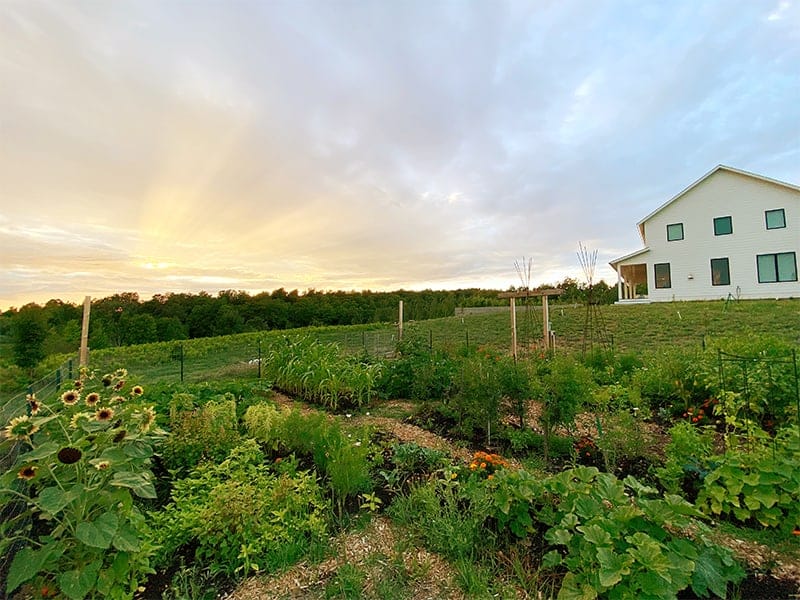
You can learn more in my Beginner Gardener Course in our shop if you want to dive even further! You can read more about my top tips for beginners in this post.

